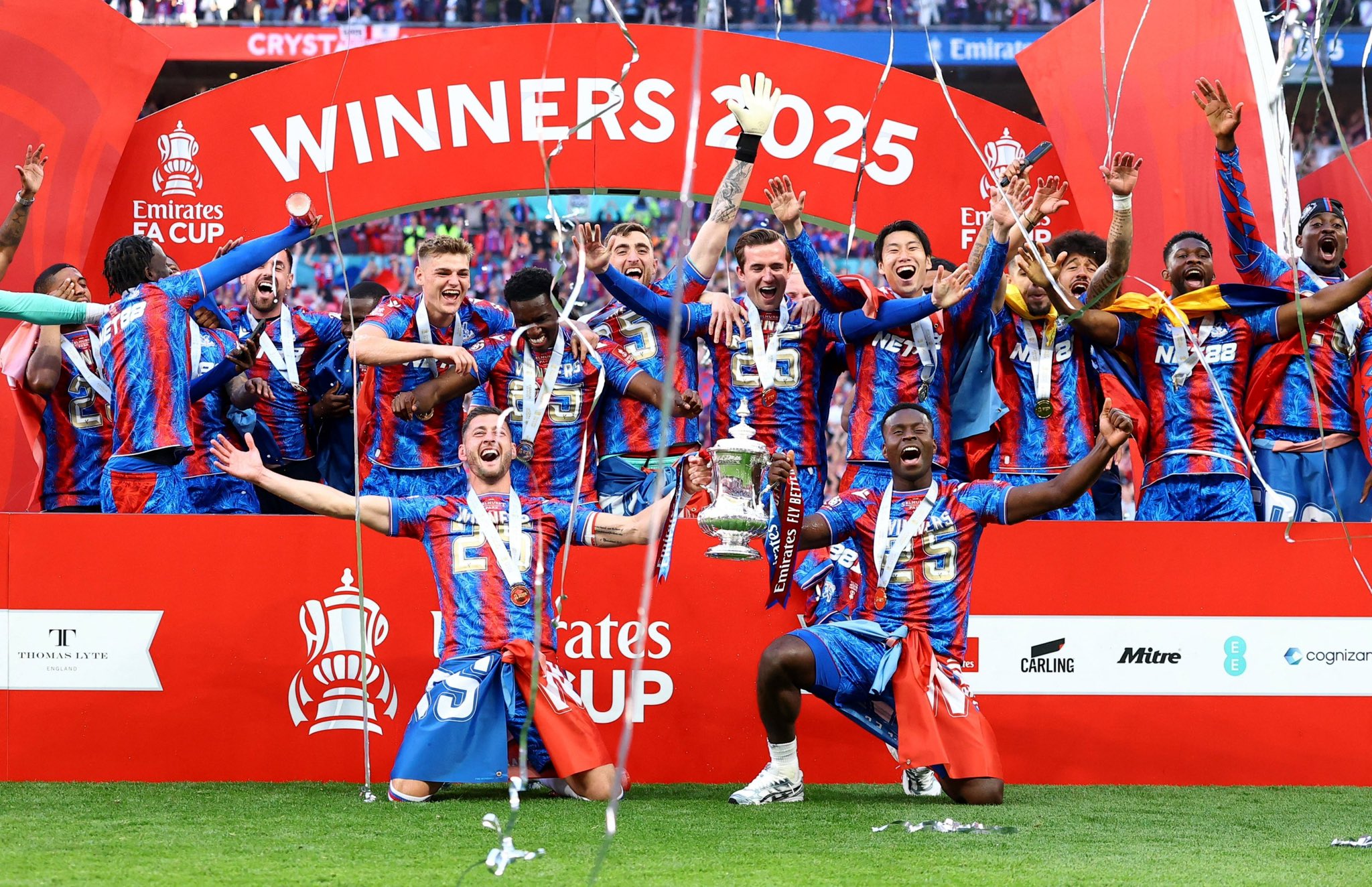

Premier League
UEFA Rejects Crystal Palace Bid, Putting Europa League Qualification At Risk
Recent developments at Premier League club Crystal Palace have cast a shadow over their qualifying hopes for European competitions next season.
Despite finishing mid-table in the Premier League and participating in the FA Cup, Palace’s European ambitions are now deeply uncertain due to complex ownership and regulatory issues involving UEFA rules.
Ownership Structure
Crystal Palace’s ownership saga involves prominent American investors John Textor and David Blitzer. Textor, who holds a 45% stake in the club, is also the majority owner of Olympique Lyon in France, a club that has qualified for the UEFA Europa League.
Blitzer owns a part of Danish club Brøndby, which has also secured qualification for the UEFA Conference League.
This multi-club ownership structure is problematic under UEFA rules, which prohibit individuals or legal entities from exerting control, influence, or involvement in more than one club participating in UEFA competitions. These rules are designed to prevent conflicts of interest and maintain the integrity of European tournaments.
Efforts to Circumvent UEFA Regulations
Palace management, including Textor himself, has sought to navigate these rules by proposing a “blind trust” arrangement.
Under such a plan, Textor’s shares in Palace would be placed into a trust managed by trustees, thereby distancing his influence from the club’s day-to-day management during the European campaign.
However, UEFA declined this proposal. The governing body rejected the blind trust option primarily because the club missed the March 1 registration deadline a strict cutoff date set by UEFA for ownership and influence changes to take effect for the upcoming season. UEFA’s position reflects its stance on enforcing uniform application of rules, regardless of individual circumstances.
The Regulatory Framework and Past Precedents
UEFA’s rules specify that any ownership or influence changes must be completed before March 1 to be recognized for the following season. This means that clubs like Palace, which did not implement ownership changes before the deadline, are at risk of being disqualified from European competitions.
In recent history, clubs such as Manchester City and Manchester United have used blind trusts to remain compliant with UEFA regulations. City utilized a trust arrangement to manage their ownership of Girona, a partner club, while United did something similar with their stake in Nice.
Nottingham Forest’s owner, Evangelos Marinakis, also transferred his shares in his Greek club Olympiakos when his English club was competing for a Champions League place.
The Implications for Crystal Palace
Given the missed deadline and UEFA’s firm stance, Palace’s immediate future in European football is uncertain. The club’s hope now hinges on convincing UEFA that John Textor’s influence is minimal or non-existent, which may be challenging due to his significant voting rights and involvement in key managerial decisions, including the appointment of manager Oliver Glasner.
If Palace is barred from participating, the door opens for other clubs in the Premier League to benefit. Nottingham Forest, who finished seventh and qualified for the Conference League, could replace Palace in the Europa League.
Brighton, which finished eighth, might then be promoted to the Conference League, showing how regulations and ownership situations can impact the broader league landscape.
Lyon’s Position and Qualification
Lyon’s sixth-place finish in Ligue 1 gives France’s club precedence over Palace, which finished twelfth in the Premier League. Given these standings and the ownership conflicts, Palace may face further complications in fulfilling UEFA’s entry criteria.
Broader Concerns and Future Outlook
This situation emphasizes the growing complexity of club ownership structures in European football. As high-profile investors become involved with multiple clubs, UEFA’s regulations are more relevant than ever.
The strict application of these rules aims to preserve fair competition but can also create challenging hurdles for clubs in financial or ownership transition phases.
Palace’s European aspirations appear to be in limbo until either ownership arrangements are fully resolved or UEFA makes an exception.
Yet, sources indicate no flexibility will be granted, emphasizing the importance of compliance and regulatory discipline.













